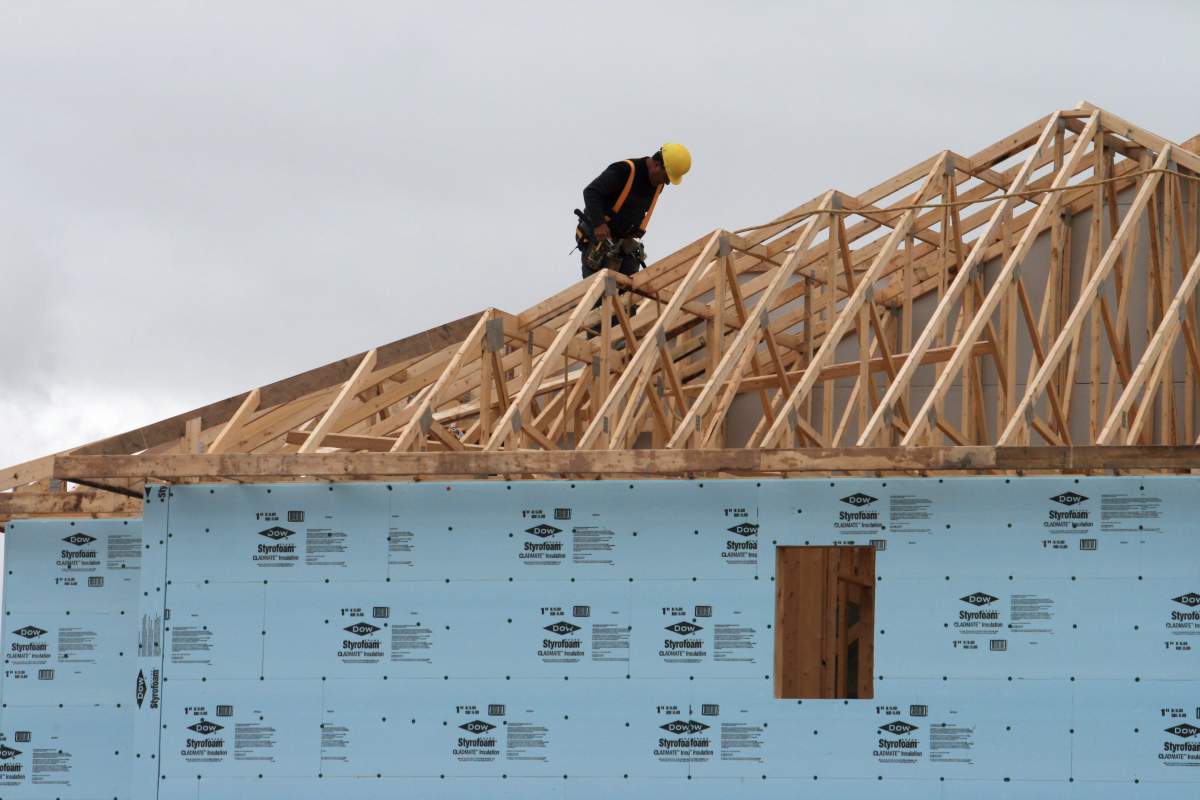The Saskatchewan NDP is calling on the provincial government to remove the provincial sales tax (PST) on construction labour ahead of the return to the legislature Monday.

“Adding the PST to construction labour was a mistake from day one and it’s the epitome of a job-killing tax that stuck our economy in the ditch,” said NDP Highways and Infrastructure Critic Trent Wotherspoon.
The call comes after research from SUMA which shows Saskatchewan municipalities are returning between 24 and 39 per cent of their total municipal revenue sharing grant back to the province in the form of PST on construction projects.
NDP Leader Carla Beck said Thursday the tax that’s currently in place makes construction projects more expensive and fails to make the province competitive.
“One of the things that we hear frequently is that this tax on construction labour delays projects, keeps them from happening, and causes municipalities who have such a disproportionate amount of infrastructure to raise property taxes,” Beck said.

The Sask. NDP also said Saskatchewan has had the worst average annual change in the value of building permits since PST was added to construction labour in 2027.

Get breaking National news
“The value of Saskatchewan building permits has only grown by 1% over the last five years,” the NDP said in a press release.
In a statement to Global News, the province said municipalities are given 0.75 per cent of one full point of PST from the previous full fiscal year.
“In 2022-23, Municipalities received $262.6 million in Municipal Revenue Sharing, an increase of over 106 per cent since 2007-08,” the statement read.
Beck said the province is missing out on investment and building opportunities because of the tax.
“This is a province that should be booming when you look at our natural resources,” Beck said. “Those capital dollars are crucial and they will go elsewhere if we’re not competitive.”
“This is one of the ways we’re not competitive and we’re downloading cost onto municipalities and in turn onto property taxpayers across the province.”

For the Government of Saskatchewan however, the tax plays a key role in funding other projects.
“PST helps fund priority programs and services in health care, education, social services, protection of persons and property and other key areas,” the province said.
“In addition, PST funds investment into infrastructure including hospitals, schools and highways as well as municipal and Crown infrastructure that benefits all Saskatchewan people, throughout the province.”
Wotherspoon said inflation is also playing a major role in the tax being an extra burden on municipalities.
“Inflation on the cost of materials (and) the cost of financing has all driven up added challenges as well,” Wotherspoon said.
The province said there has always been PST on material and supplies for infrastructure projects which can sometimes make up half of the project costs. The 2017-18 budget expanded that PST to the total cost of the projects.
The government did not say if the topic would be discussed during the next budget talks.





Comments
Want to discuss? Please read our Commenting Policy first.